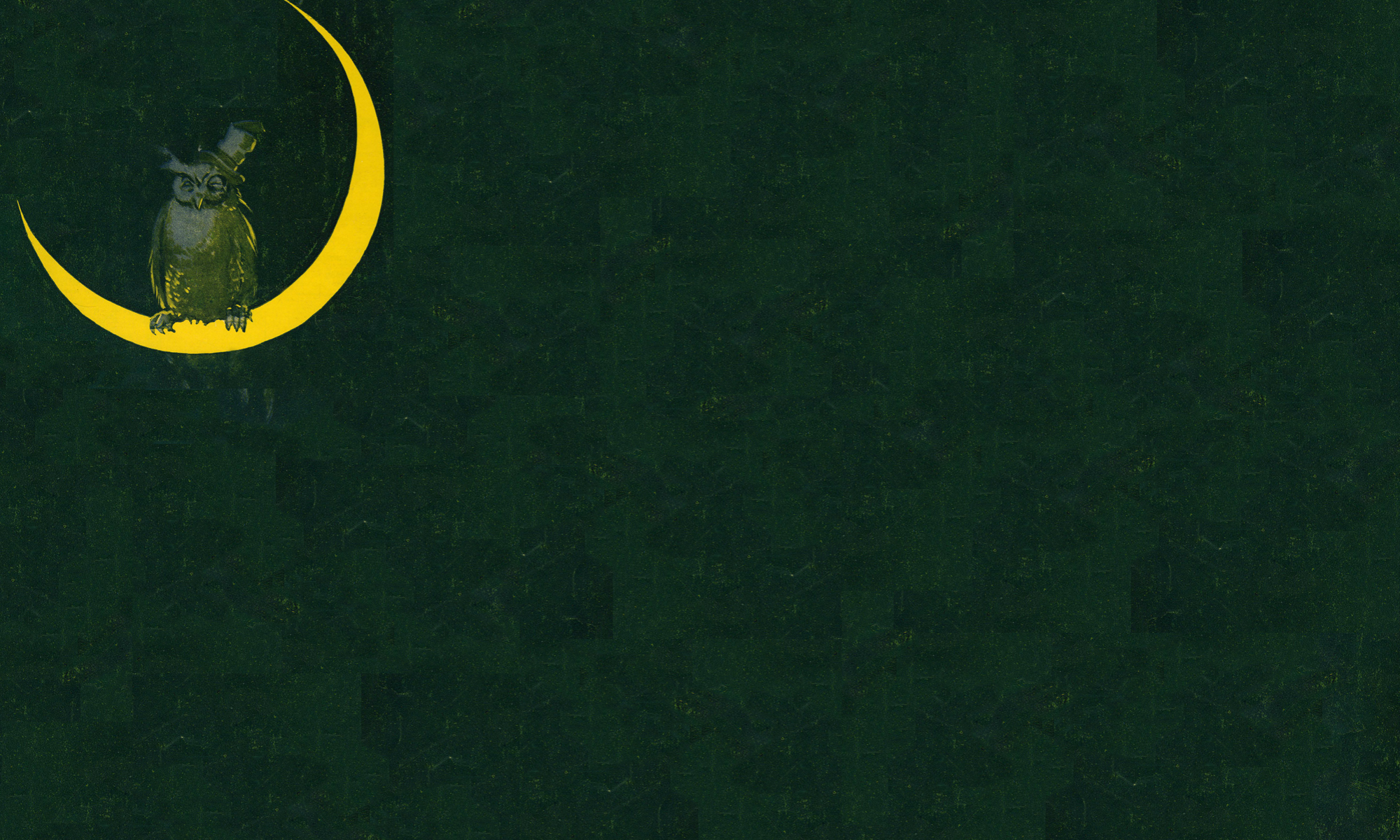The National Prohibitionist Newspaper, Vol. 14, No. 26 (November 5, 1908)
In the years leading up to Prohibition, those who favored keeping alcohol legal often claimed drinking was a personal liberty to be governed by neither the states nor the nation. The prohibitionists frequently countered this logic by stating that there were no personal liberties for those trapped by demon drink. They believed that those who drank were really under the control of saloon owners, distillers, and the politicians who received campaign contributions from the alcohol industry. Unlike their anti-Prohibition organizations, temperance societies advocated for civic liberty rather than personal liberty. They believed a moral society, free from alcohol’s influences, was the patriotic duty of every American citizen.

This political cartoon, illustrated as a drinker’s sad march to disillusionment, predicts the inevitable outcome from one’s pursuit of personal liberty and drink. The unsuspecting victim, first portrayed as the bottom note of the music staff, begins his adventures with alcohol and becomes “flat” broke, winds up in jail, meets some “sharp” politicians, and then enjoys another high old time before encountering a loan shark that steals him blind. The end of the music cartoon repeats the drunken musical march for another innocent victim of demon drink.
